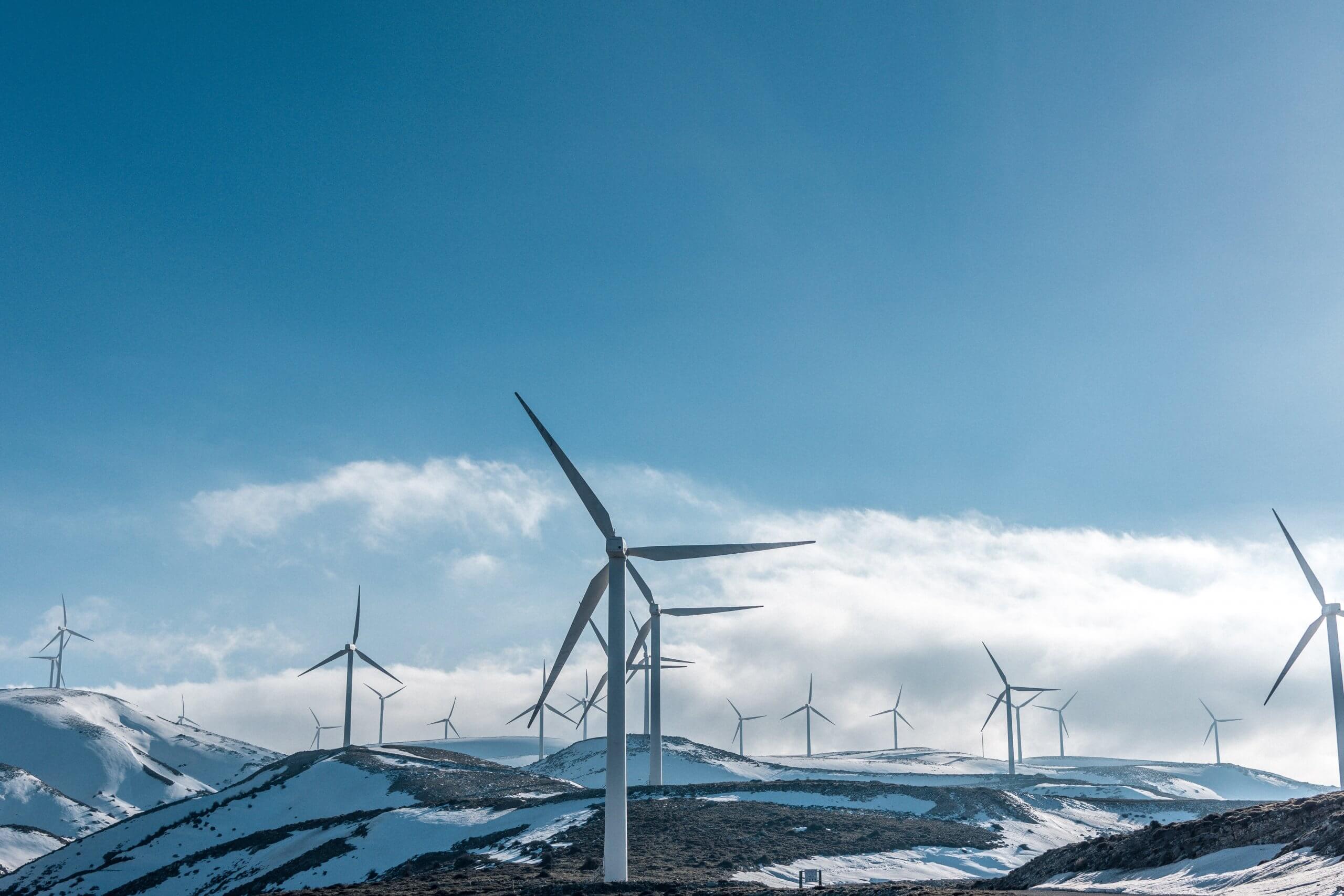Energy costs have grown exponentially due to Russia’s invasion of Ukraine, especially gas prices, which have increased 114%.
Argentina was due to take on energy imports of US$5.843 billion, but price increases raised this estimate to US$12.503 billion. Consequently, Economy Minister Guzmán convened public hearings to increase energy tariffs, although this initiative appears to be insufficient to cover the existing gap between the new energy cost and import capacities financed by the treasury.
Three paths for the economic cabinet:
- Consensus on fuel: the vice chief of cabinet, Jorge Neme, energy secretary Darío Martínez and YPF Director Pablo González created a work platform with representatives of the main energy companies in the country to re-channel fossil fuels for export to the domestic market to cap foreign exchange costs in this sector.
- Roundtable with the Argentine industrial union: Minister of Industry Kulfas pledged that his portfolio would coordinate with the industrial sector any contingency situations due to energy shortages. Although this is not the ideal scenario, cuts in work shifts are being analyzed, or rationing in the event of a critical gas shortage.
- Search for international partners: Minister Guzmán, with the support of the Foreign Office, began steps to generate contractual conditions of prices and flexible payment periods with Chile, Bolivia and Brazil. Visits from Chilean President Gabriel Boric and his Bolivian counterpart Luis Arce suggested the matter could be on the agenda, while a proactive negotiation will have to be sustained with Brazil, led by Ambassador Daniel Scioli.
Results and projections
The Chilean president did not reach an energy cooperation agreement, but a few days ago important progress was made with the Bolivian government. President Arce agreed to give priority to Argentina for up to 18 million cubic meters per day from May to September 2022.
The first part of 8-10 million cubic meters will have a cost of US$7-9 per million BTU, while the second part will cost around US$12.18. This price is preferential, as it is below market prices and, according to the Energy Secretary, represents a saving of US$769 million.
Full report (in Spanish) here.
